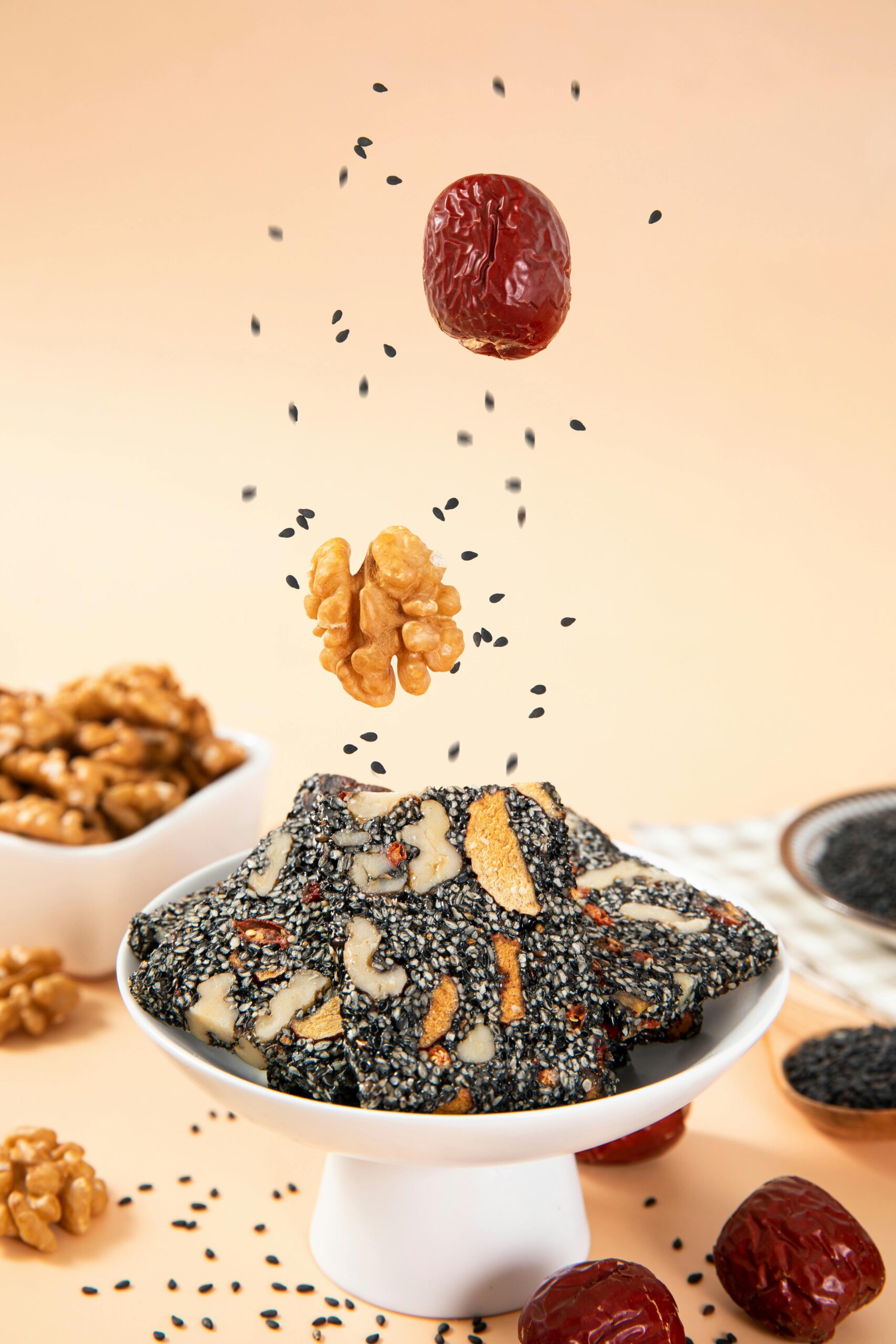
Introduction to Superfoods
Superfoods are a category of nutrient-dense foods that are packed with vitamins, minerals, antioxidants, and other essential nutrients. They are typically plant-based but can also include certain fish and dairy products. What sets superfoods apart is their exceptionally high nutritional value compared to other foods. In today’s health-conscious society, superfoods have become increasingly popular as people seek natural ways to improve their health and vitality.
Nutritional Value of Superfoods
One of the key characteristics of superfoods is their unparalleled nutritional density. These foods are rich in essential vitamins, minerals, and antioxidants, making them powerhouse additions to any diet. Whether it’s kale bursting with vitamin K and antioxidants or blueberries packed with vitamin C and fiber, superfoods offer a concentrated dose of goodness in every bite.
Health Benefits of Superfoods
The benefits of consuming superfoods extend far beyond simply meeting your daily nutrient requirements. Regular consumption of superfoods has been linked to a myriad of health benefits, including:
Improved Immune Function
Superfoods are loaded with immune-boosting nutrients like vitamin C, zinc, and antioxidants, which help strengthen the body’s defenses against illness and infection.
Increased Energy Levels
Thanks to their high nutrient content, superfoods can provide a natural and sustained source of energy, helping you power through your day without the need for caffeine or sugar.
Better Digestion
Many superfoods contain fiber and digestive enzymes that promote healthy digestion and regularity, reducing the risk of constipation and bloating.
Reduced Inflammation
Certain superfoods, such as turmeric and salmon, possess anti-inflammatory properties that can help alleviate chronic inflammation in the body, lowering the risk of various diseases.
Enhanced Cognitive Function
The brain thrives on nutrients like omega-3 fatty acids and antioxidants found in superfoods like walnuts and berries, which can support cognitive function, memory, and mood.
Weight Management
Superfoods like avocado and quinoa are not only nutrient-dense but also satiating, helping you feel fuller for longer and potentially aiding in weight loss or weight maintenance efforts.
Specific Superfoods and Their Benefits
While the term “superfood” encompasses a wide variety of foods, there are several standout options that offer exceptional health benefits:
Kale
Kale is often hailed as one of the most nutrient-dense foods on the planet, boasting high levels of vitamins A, C, and K, as well as antioxidants and fiber. It’s particularly renowned for its anti-inflammatory and detoxifying properties.
Blueberries
Blueberries are packed with antioxidants called anthocyanins, which have been shown to protect against oxidative stress and support heart and brain health. They’re also a good source of fiber and vitamin C.
Avocado
Avocados are rich in heart-healthy monounsaturated fats, as well as potassium, vitamin K, and folate. They’re known for their ability to lower cholesterol levels, promote satiety, and support skin health.
Salmon
Salmon is an excellent source of omega-3 fatty acids, which are crucial for brain health, heart health, and reducing inflammation in the body. It’s also rich in protein and essential vitamins and minerals.
Quinoa
Quinoa is a gluten-free whole grain that’s high in protein, fiber, and essential nutrients like magnesium, iron, and zinc. It’s valued for its ability to support muscle growth, regulate blood sugar levels, and promote digestive health.
Incorporating Superfoods into Daily Diet
Incorporating superfoods into your daily diet doesn’t have to be complicated. Simple changes like adding a handful of berries to your morning oatmeal or swapping out white rice for quinoa can make a significant difference. Here are some tips for incorporating superfoods into your meals:
- Start small: Begin by incorporating one or two superfoods into your diet each week and gradually increase your intake over time.
- Get creative: Experiment with different recipes and cooking methods to discover new ways to enjoy superfoods.
- Mix and match: Combine multiple superfoods in a single dish to maximize their health benefits and flavor profiles.
- Stock up: Keep your pantry stocked with a variety of superfoods so you always have healthy options on hand.
Superfoods for Different Health Conditions
Superfoods can also be tailored to address specific health concerns or conditions. Whether you’re looking to support heart health, boost brain function, improve skin health, or strengthen your bones, there’s a superfood for you. Here are some examples:
- Heart health: Incorporate foods like salmon, walnuts, and olive oil, which are rich in omega-3 fatty acids and monounsaturated fats that support cardiovascular health.
- Brain health: Focus on foods like blueberries, leafy greens, and fatty fish, which contain antioxidants and omega-3 fatty acids that promote cognitive function and memory.
- Skin health: Opt for foods like avocado, almonds, and sweet potatoes, which are packed with vitamins, minerals, and antioxidants that nourish the skin and protect against aging.
- Bone health: Include foods like kale, broccoli, and dairy products, which provide calcium, vitamin D, and other nutrients essential for bone strength and density.
Sustainability and Ethics
While superfoods offer numerous health benefits, it’s essential to consider the sustainability of their production and the ethics surrounding their sourcing. As consumers, it’s important to be mindful of where our food comes from and the impact it has on the planet and local communities.
When selecting superfoods, opt for those that are grown or harvested in an environmentally responsible manner, such as organic or sustainable farming practices. Look for certifications like Fair Trade or Rainforest Alliance, which ensure fair wages and working conditions for farmers and workers.
By choosing ethically sourced superfoods, you’re not only nourishing your body but also supporting sustainable agriculture and social responsibility. It’s a small but meaningful way to make a positive difference in the world while prioritizing your health and well-being.